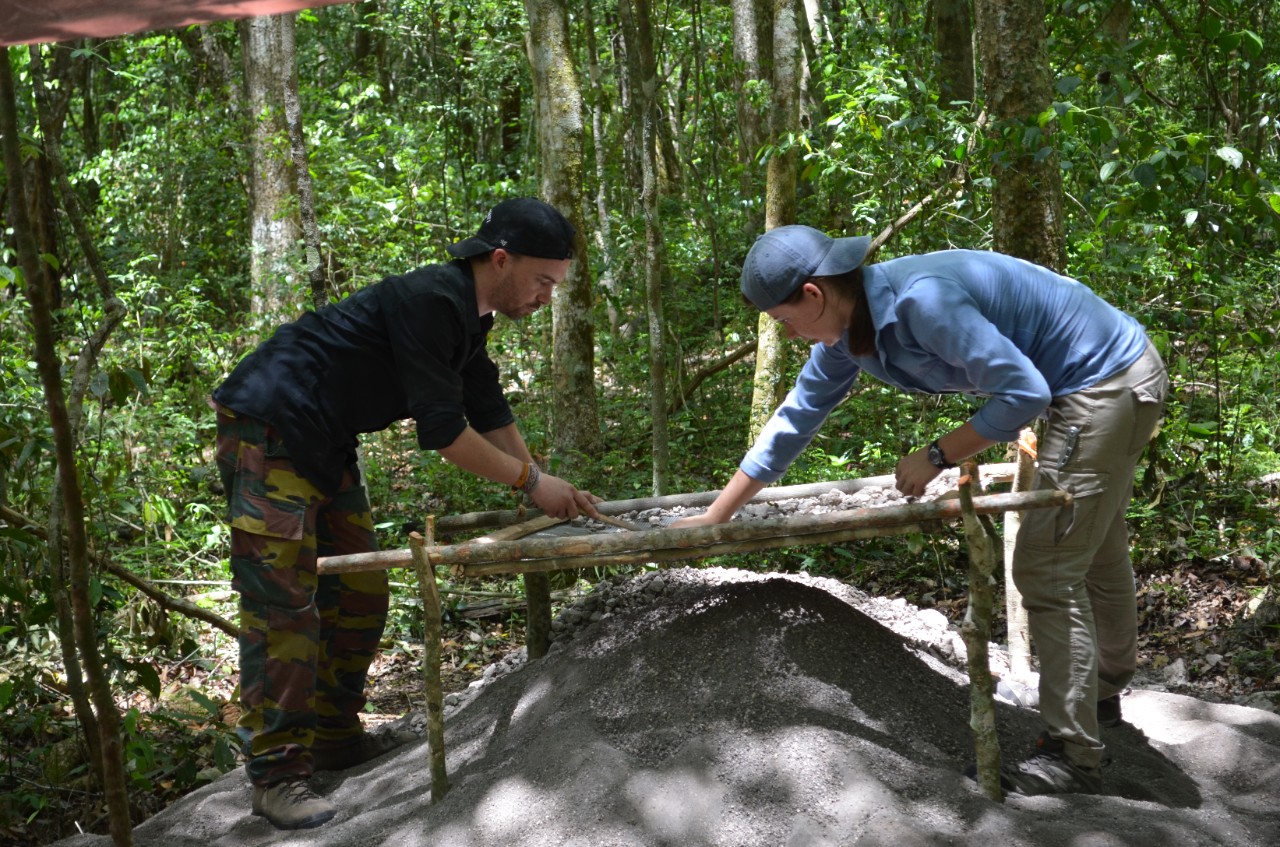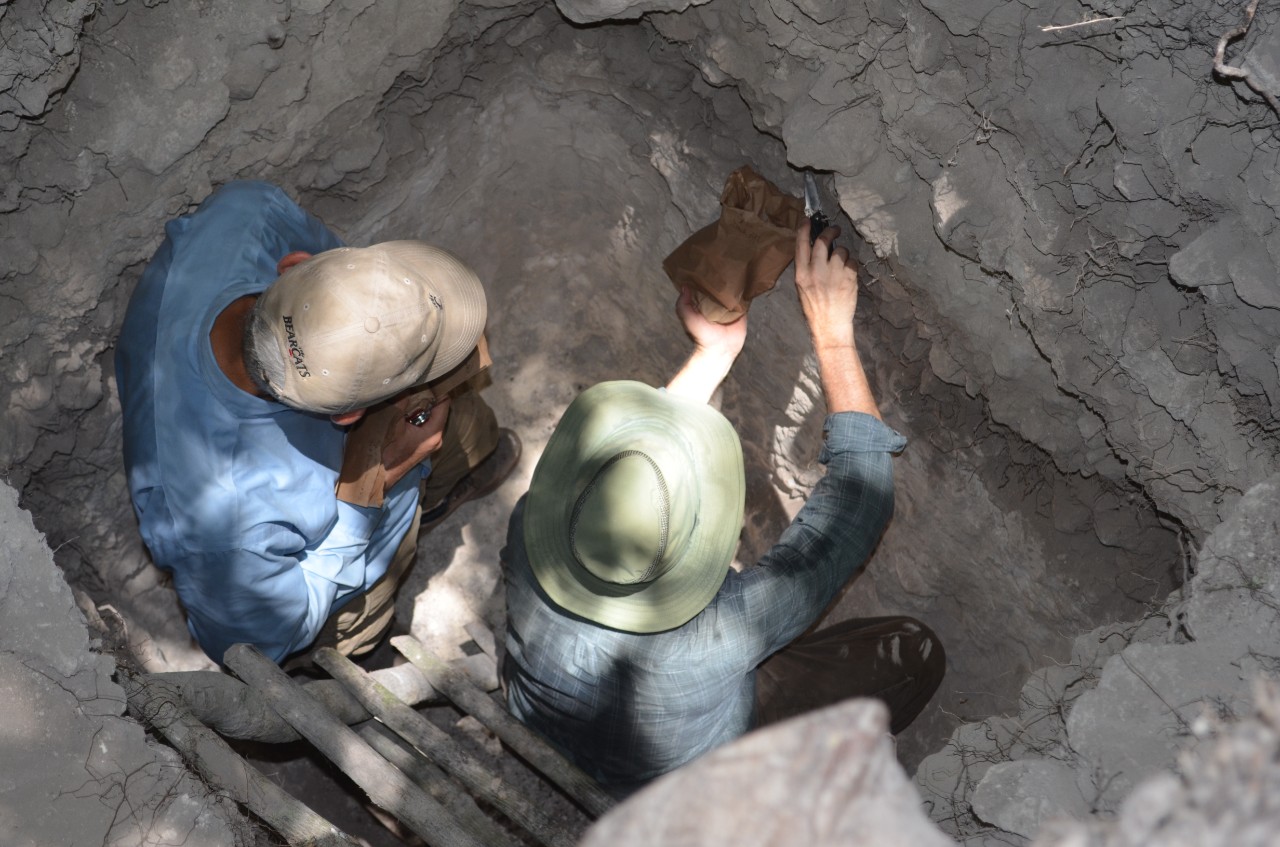
Discover: How ancient Maya practiced sustainable agriculture
Magazine highlights UC's new discoveries about ancient Maya
Discover Magazine highlighted work by the University of Cincinnati that suggests the ancient Maya practiced sustainable forestry and agriculture.
UC researchers used genetic and pollen analyses to provide the most detailed examination to date of the wild and cultivated plants found in the ancient Maya city Yaxnohcah, which was occupied between 1,800 and 3,000 years ago in what is now Mexico’s Yucatan Peninsula.
UC College of Arts and Sciences paleo-ecologist David Lentz told Discover Magazine that the ancient Maya managed their crops and forests in a way that showed consideration for the future.
“Everything the Maya used is still there, and still there in abundance,” Lentz told Discover.
A multidisciplinary team of biologists, anthropologists, geneticists and geographers collected and analyzed 38 soil samples, finding evidence of wild trees and plants growing near the city. The research suggests the ancient Maya left much of the rainforest intact.
The study was published in the journal Frontiers in Ecology and Evolution.

UC professors David Lentz and Nicholas Dunning work at an ancient Maya site at Yaxnohcah. Photo/Provided
Related Stories
The burning river that fueled a US green movement
May 5, 2025
An article by the BBC takes the reader back to the late 18th and 19th centuries, when US prosperity was defined by the industrial revolution, a time with little regard for the pollutants that came with industrial expansion. UC's David Stradling, professor of history, cited as expert source in the article.
Growing heart failure epidemic calls for prioritizing primary...
May 5, 2025
A rapidly growing heart failure epidemic calls for prioritizing primary prevention, according to a new scientific statement from the American Heart Association published in Circulation in April. The statement reviews the current evidence for predicting heart failure risk and offers risk-based strategies for heart failure prevention.
Two College Credit Plus high school students receive bachelor’s...
May 4, 2025
Two high school students received bachelor's degrees at the University of Cincinnati's Spring Commencement. Caden Elrod, a senior at Walnut Hills High School in Cincinnati, and Sai Gollamudi, a senior at Centerville High School in Centerville, receive their degrees while also completing their diplomas. They are first high school students in UC's College Credit Plus Program to earn bachelor's degrees.
